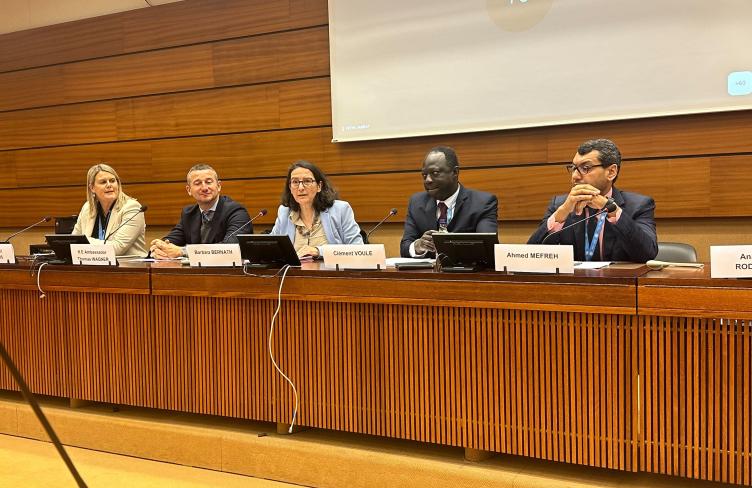
The Third Committee of the UN General Assembly has adopted the long awaited Principles and Guidelines on Access to Legal Aid in Criminal Justice Systems. The APT welcomes the adoption of these principles and guidelines, which strengthens the normative framework to prevent torture and other forms of ill-treatment in detention.
All persons should be guaranteed access to a lawyer as soon as possible after they are taken into custody. In practice however, this critical protection, which serves as a fundamental safeguard against unlawful police coercion, is often illusory. Many national system of criminal justice do not provide the resources for lawyers to work on behalf of persons who have no means to pay them.
One of the key provisions is Principle 7, which provides that States should provide prompt access to legal aid, and that detained persons should enjoy unhindered confidential access to their lawyer at all stages of the criminal justice process. The related guidelines expand the principles, and encourage states to prohibit, in the absence of any compelling circumstances, any interviewing of a person by the police in the absence of a lawyer.
Early access to a lawyer in detention has been shown to effectively safeguard against coercive interrogation. It provides the detainee with an active expert resource to challenge an unlawful or arbitrary arrest, to limit the period in pre-trial detention, and to record and investigate allegations of torture or other ill-treatment.
In recognition of the severe financial concerns of Member States, the Principles and Guidelines recommend the support of alternative models for legal services, such as university law clinics, NGOs or paralegal organisations, which could provide legal aid services throughout the country, especially in rural and economically and socially disadvantaged areas.
The UN Principles and Guidelines will be considered by the full UN General Assembly in December 2012.
